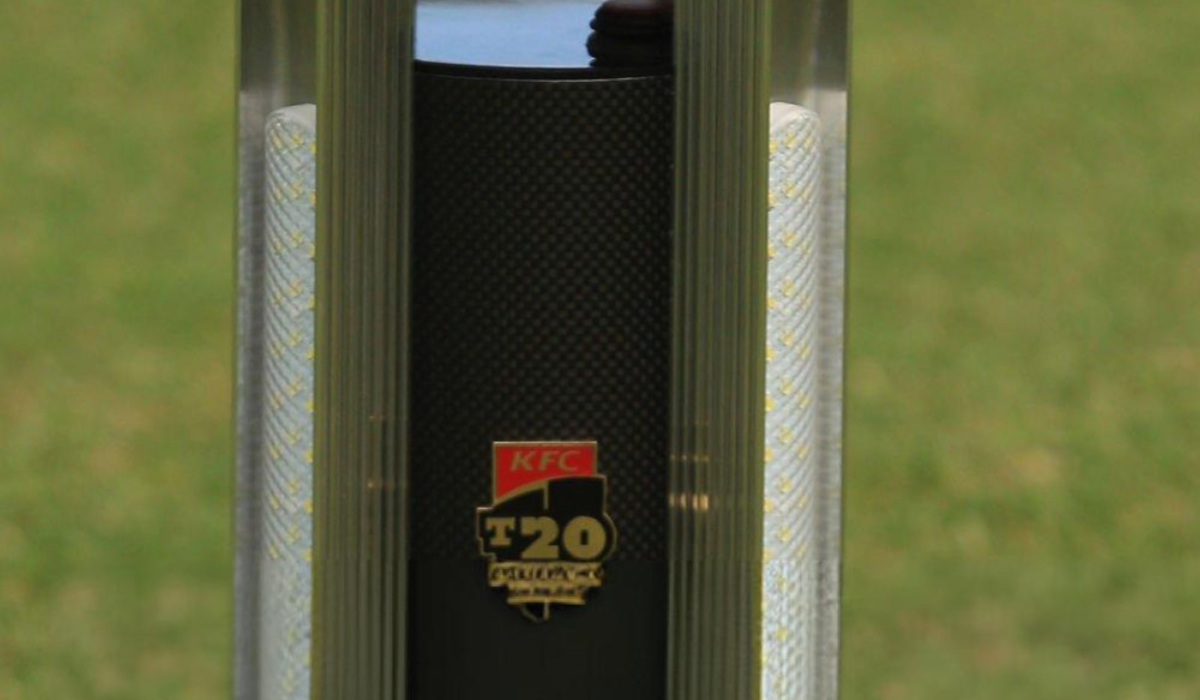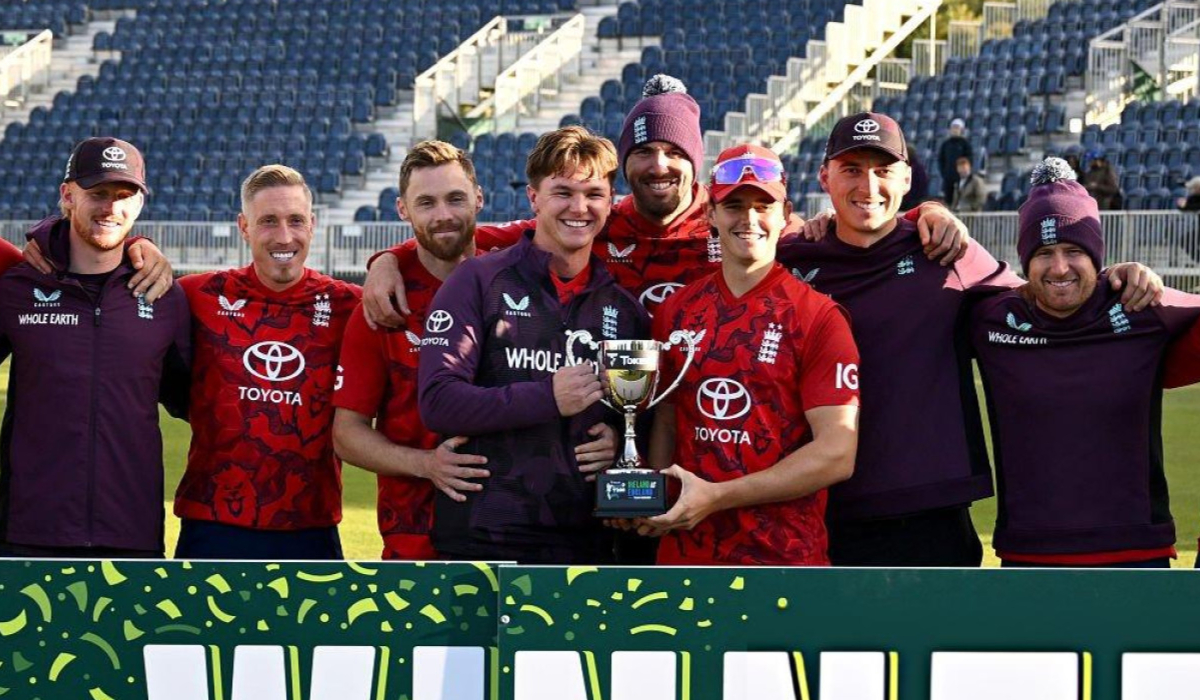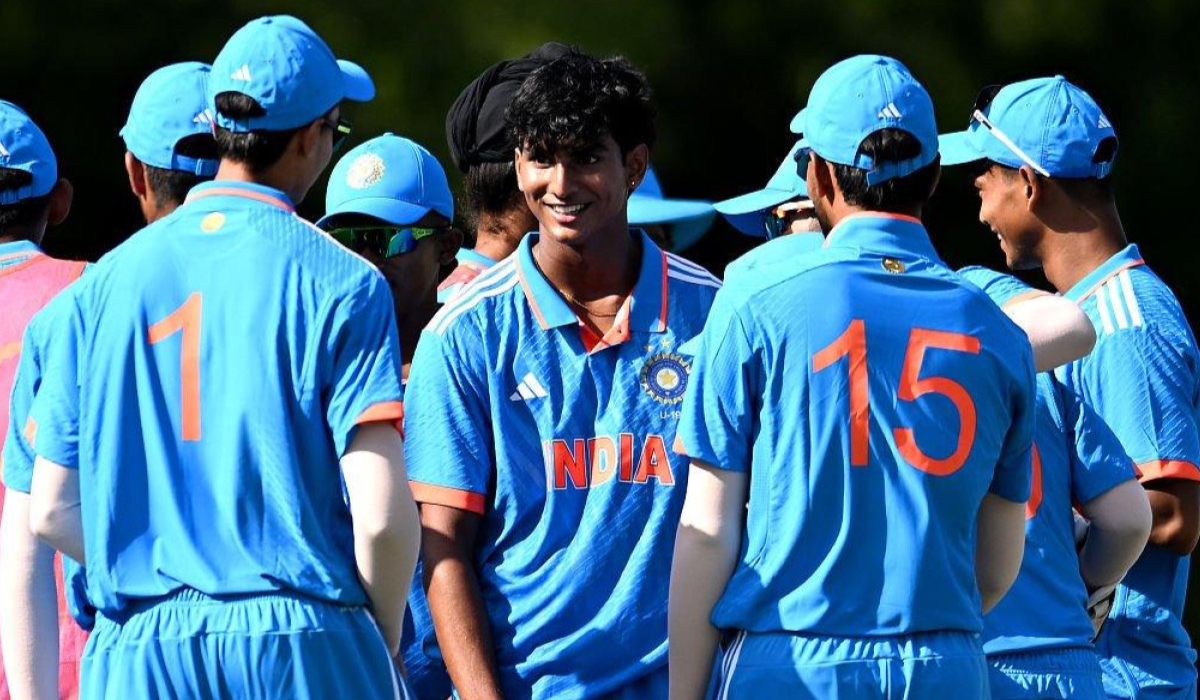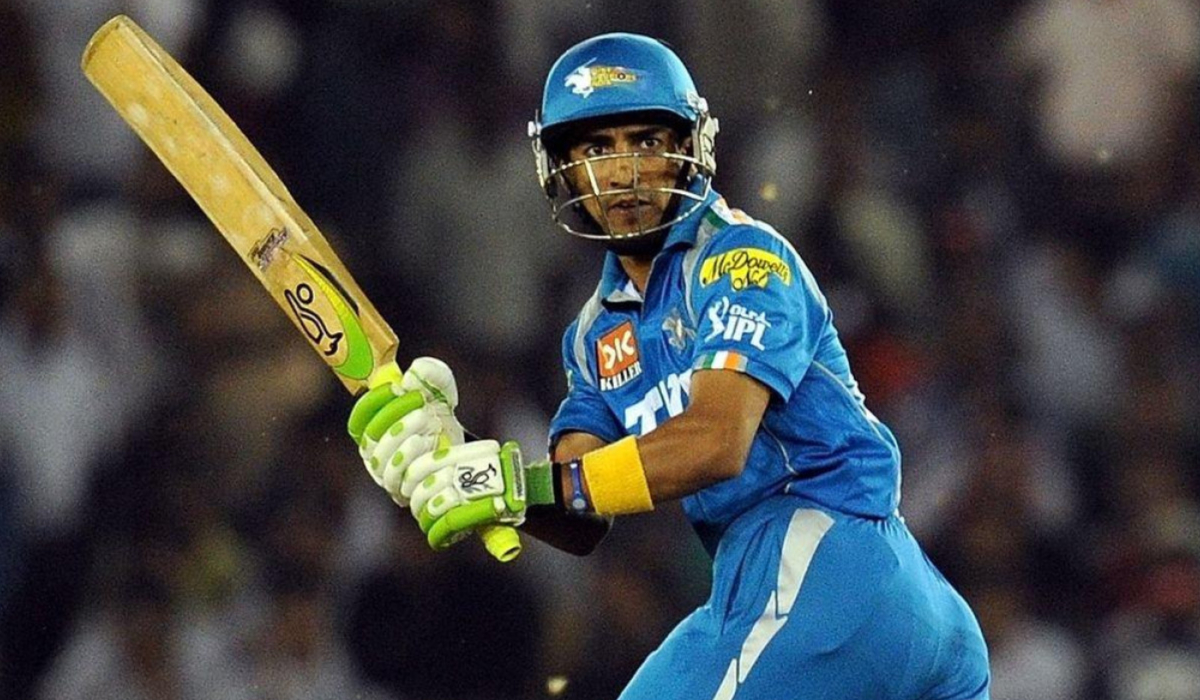Brisbane, 21 September 2025:
From Sydney Morning Herald
Imagine the Melbourne or Sydney Knight Riders — clad in the purple and gold of the Kolkata Knight Riders group — taking the field at the MCG or SCG. They would compete in a January Big Bash League window free of international clashes, ensuring Australia’s top stars, including Pat Cummins, are available for the entire tournament.
Those are the conditions Venky Mysore, long-time chief executive of KKR, says would convince him and other Indian investors to pour millions into Australia’s flagship T20 competition. Cricket Australia is actively courting Mysore and others as it weighs what officials call a once-in-a-generation chance to secure the BBL’s future by selling stakes in clubs.
It has been 45 years since Australian cricket allowed any form of private ownership, when Kerry Packer’s PBL secured marketing rights under the World Series Cricket peace deal. CA now wants to move quickly, seeking approval from state associations to sell up to 49% of clubs. Executives argue that inaction risks leaving the BBL behind in an increasingly crowded global T20 market.
Mysore, however, said investors would expect far more than minority stakes. In an interview, he outlined conditions such as a clear, exclusive window for the BBL, complete player availability, and the right to rebrand teams — including the possibility of “Melbourne” or “Sydney Knight Riders.”
“Any overlap between Test cricket and the T20 league would be a red line,” Mysore said. “Sustained interest in the league depends on the availability of all local and foreign players.”
That demand creates a challenge for CA: preserving the Boxing Day and New Year’s Tests while finding space for an expanded BBL.
The push for investment comes amid booming private ownership in global sport, from English Premier League clubs to Formula 1 teams. Cricket has followed the trend with new leagues in South Africa, the UAE, the U.S. and England’s Hundred. Investors range from IPL giants like KKR and Mumbai Indians to U.S. “tech titans” who recently paid $300 million for a stake in London Spirit.
But Mysore made clear KKR would not enter the BBL passively. “Knight Riders were the first to conceive and execute a global brand strategy,” he said. “It has become a genuine global brand that has also globalised our fan base.”
For CA, the BBL has been a valuable property, though crowds and TV ratings have slipped since a 2016 peak. Officials argue that selling stakes could inject cash to raise salary caps, keep top players at home and invest in grassroots programs.
Pat Cummins, purchased for $3.7 million at the 2024 IPL auction, said privately funded teams can enhance the sport. “They do their own academies, their own development camps,” he said. “The big question is how you use those funds to make sure cricket’s in a good spot — supporting community as well as professional cricket.”
Still, other leagues show the risks. South Africa’s SAT20 is the country’s third attempt at a viable franchise competition, hampered by the weak rand. Some Hundred owners have criticised the ECB for resting Test stars during early rounds. Mysore warned of a potential bubble: “If leagues are not financially viable, their future will be questioned.”
The BBL, anchored by CA’s stature as one of cricket’s “big three” boards, has long coexisted with Test matches — unlike other leagues that demand exclusivity. CA chair Mike Baird said any deal must protect Test traditions. “Certainly, we’d want to control the schedule so that Test cricket remains an essential part of the Australian summer,” he said.
That balancing act will be at the heart of negotiations, with a decision expected before year’s end. Investors want branding power and broadcast rights, while CA insists it must retain control.
Cummins, for his part, believes Australia’s unique model is an asset. “They wish they could have five Test matches sold out and everyone watching as well as the BBL,” he said. “It’s great we’ve got two tournaments that can run concurrently — and there’s a place for both.”






 Win Projections to be updated soon
Win Projections to be updated soon









